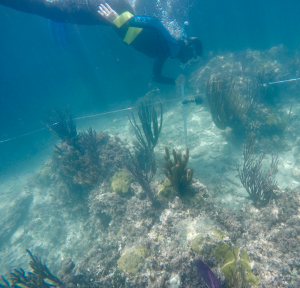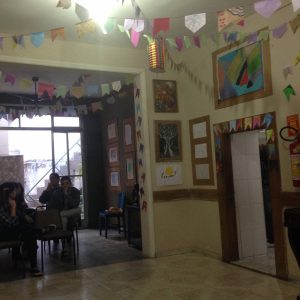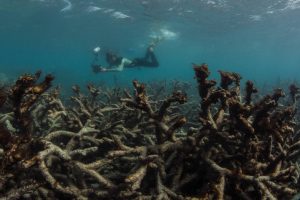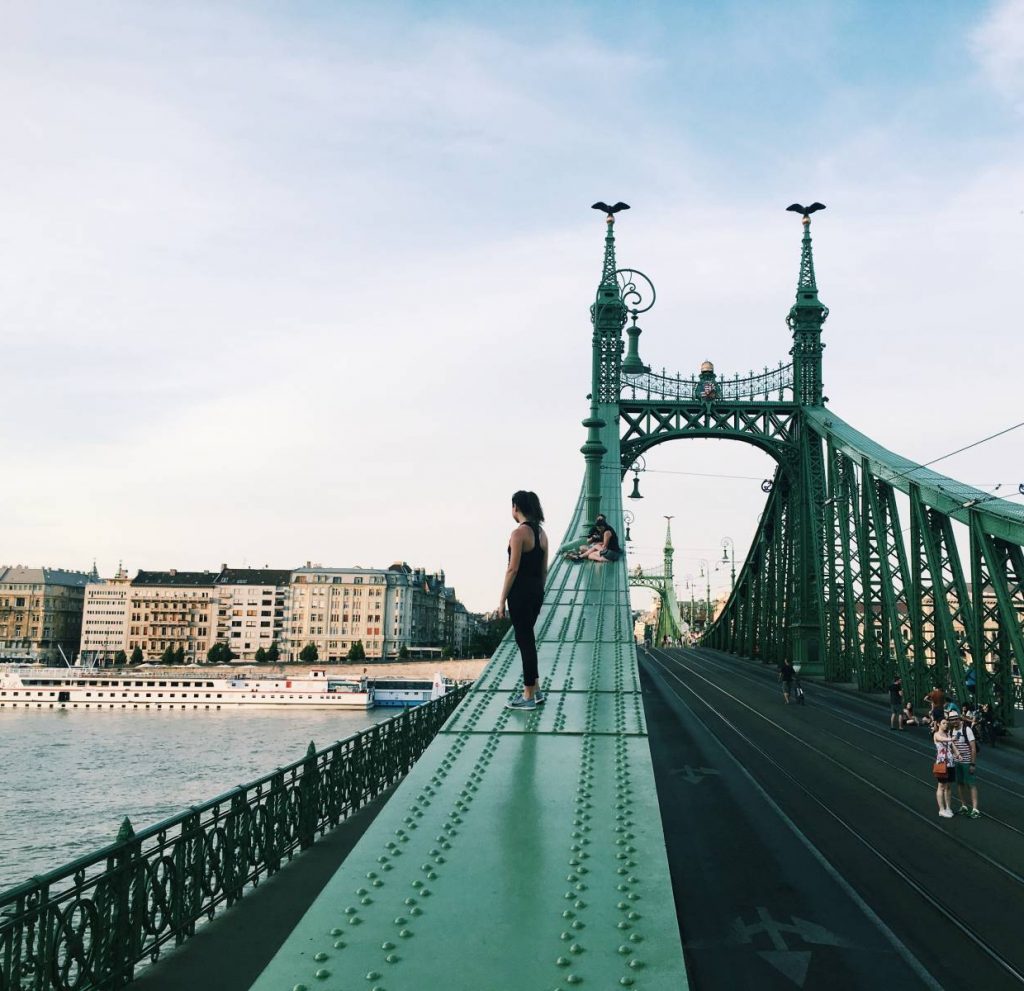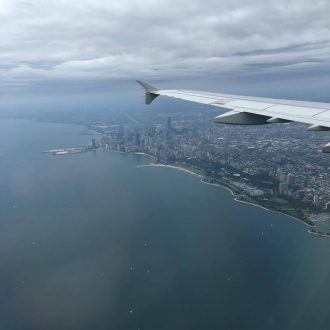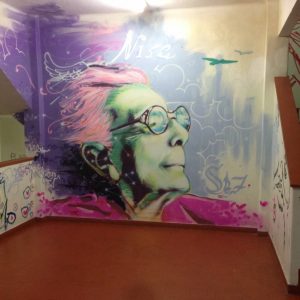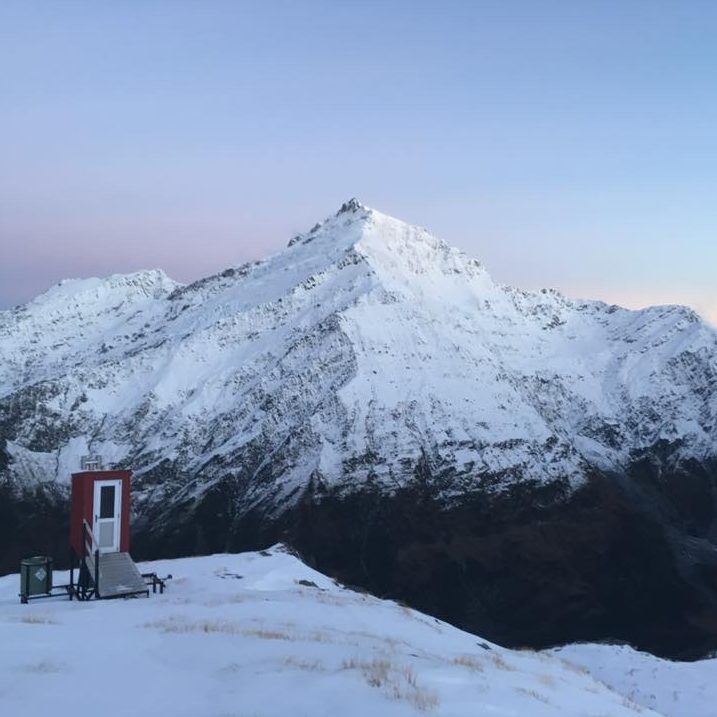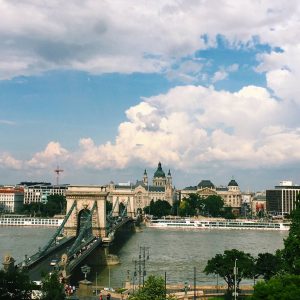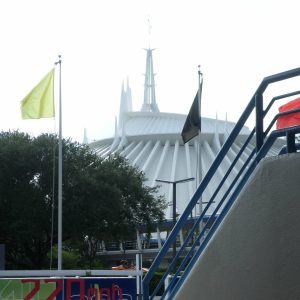After eight amazing weeks in Europe, I’m back in the U.S. and just starting to process my time abroad. Interning at the European Roma Rights Centre taught me so much about Roma people and the systematic racism many of them face. I also learned about efforts to combat this racism through litigation and advocacy. I greatly value the knowledge I gained through this experience — and now, as I prepare for another year of research at Princeton, I’m also thinking about the process behind the knowledge. Some of the most useful and thought-provoking lessons from my time abroad concerned how to effectively prepare for field research.
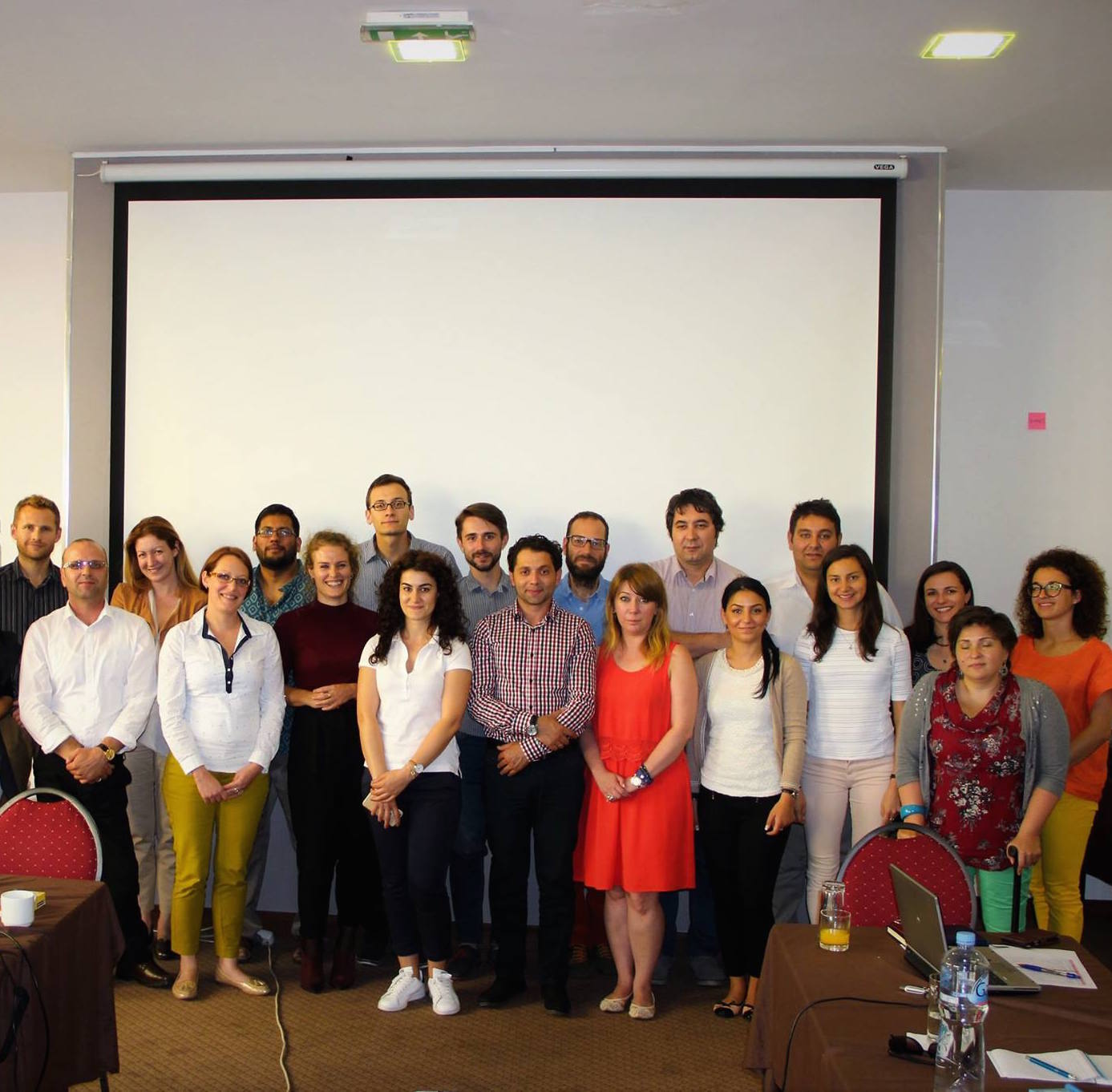
During my second-to-last week in Budapest, I went with four colleagues to a conference in Belgrade, Serbia. The three-day conference functioned as a training workshop to prepare seven organizations to conduct field research on stateless Roma (Roma individuals who aren’t legally affiliated with any nation.) These organizations were based in countries all throughout Eastern Europe and the West Balkans, where statelessness is a particularly significant issue among Roma populations. The ERRC led the workshop — and I got to play a role in the research trainings. Continue reading My Lesson in Research Rehearsal


